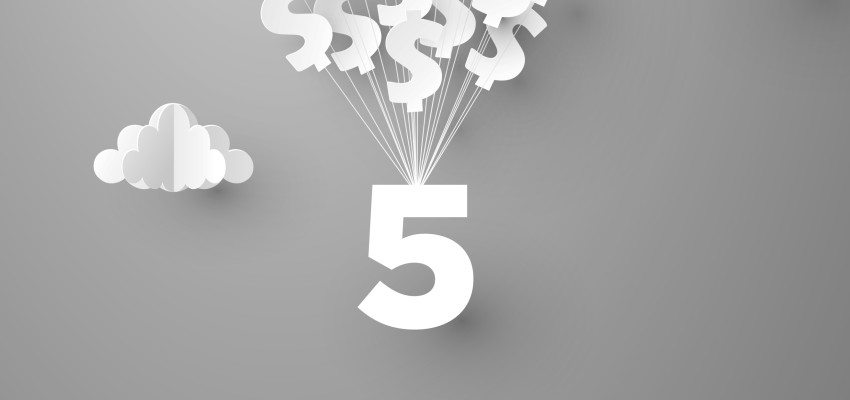By Farm Bureau Financial Services on May 11, 2018
5 financial mistakes to avoid in your 20s and 30s

We promise this isn’t another article blasting the millennial generation for wasting money on avocado toast. Nope. This is about some of the same old warnings members of previous generations didn’t heed in their 20s and 30s — and now regret. Skip these pitfalls in your prime and you’ll set yourself up for success through retirement. Yes, even though that’s a long way off, it’s time to think about it now.
1. Overusing credit cards
Those little rectangles of plastic sure are handy. New technology, like phone apps and stored numbers, means you don’t even have to dig them out of your wallet to pay for your finds. Just be mindful of your balances and pay them off every month. The occasional emergency will come along, like an unexpected car repair, but a night out with friends should come out of your regular budget. Once you start carrying a balance that accrues interest, you’ll be playing catch-up, which can lead to a vicious cycle of more credit card use. If you’ve already hopped on the credit card treadmill, consolidate balances with a low-interest personal loan, and stop using your plastic.
2. Having no emergency fund
The majority of millennials have less than $1,000 in their savings accounts, if they have one at all, according to a survey conducted by cost information website HowMuch.net. Either way, there’s little cash to cover emergencies or pay regular bills in the event of a job loss. If you don’t have any padding, it’s time to start stashing money away. Set a goal of saving at least three months’ worth of living expenses.
3. Not saving for retirement
When you’re young, you’re hardly thinking about retirement — unless you’re dreaming about the days when you no longer have to work. But remember when you stop working, you stop collecting a paycheck. That’s why saving for retirement is one of the most important things you can do for yourself right now. The earlier you save, the more you’ll have. Opt in to your company’s 401(k) and maximize any available matching options. You can also open an IRA (individual retirement account) if you’re an independent contractor, your workplace doesn’t offer retirement benefits, or you simply want to save even more.
4. Buying status symbols
When you land that first big job or get a raise, it can be tempting to splurge on a brand-name purse, a fancy watch, a new car, a bigger apartment or anything else you perceive as showing the world you’ve finally made it. Challenge yourself to consider whether the purchase will really bring you joy in the long run or if there’s a way to treat yourself that won’t eat up an entire paycheck — or two.
5. Impulsive buying
That extra afternoon cold brew, the logo T-shirt from the brewery, the takeout sushi you were craving — it all adds up over time. Think about the things you’re buying and decide whether you really need and want them. That’s not to say you can’t occasionally reward yourself or buy the things that make you happy. Just make sure you aren’t dipping into your rent money, overusing your credit cards or skipping out on floating cash into your emergency fund.

